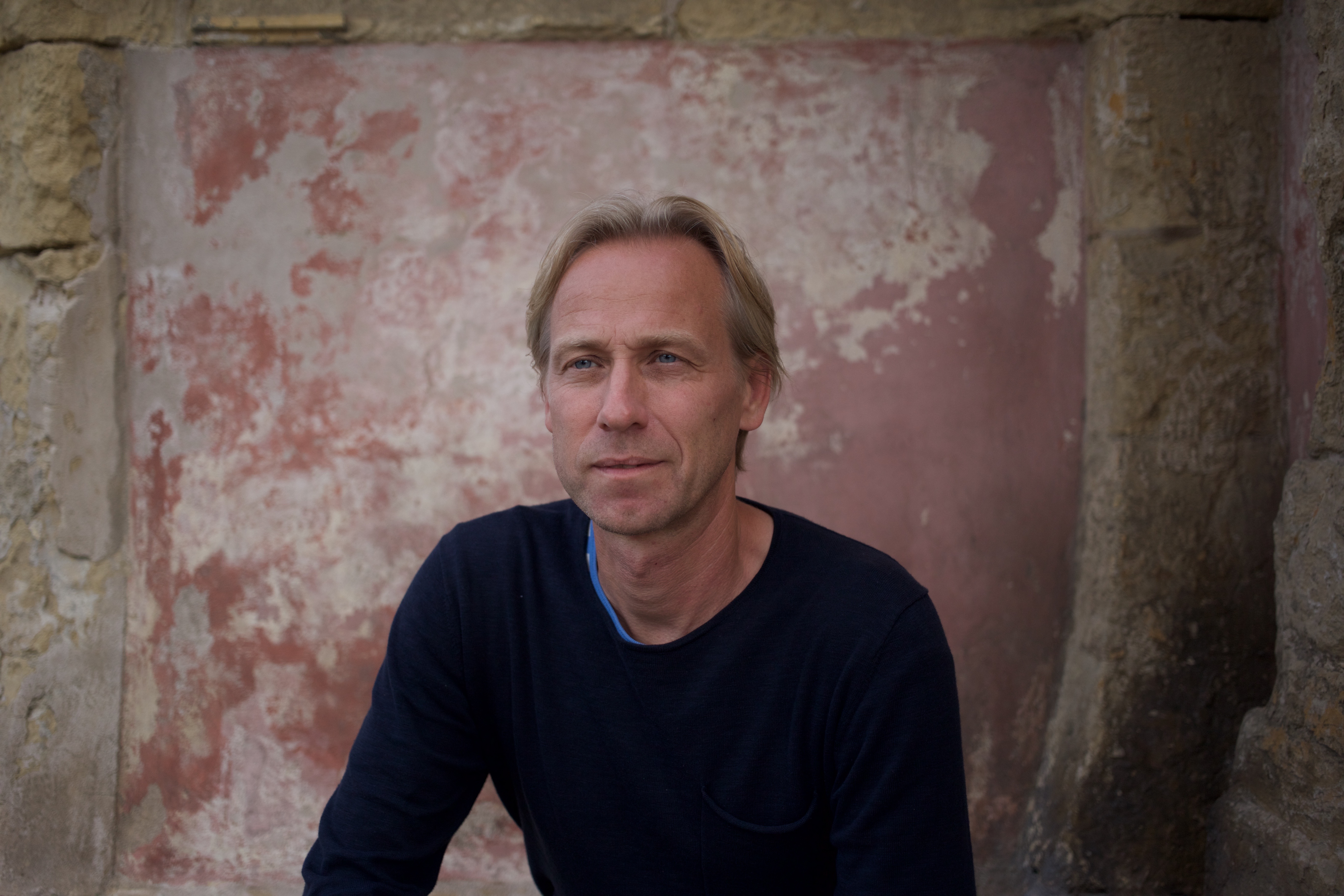Keld Hosbond
Vice Principal and head of international relations, RAMA
WHAT IS YOUR BACKGROUND?
I have always been interested in music and in how art and society interact. This is probably also why I ended up with a sort of dual educational background.
I grew up in Silkeborg (50 km outside of Aarhus). From the age of 10 I started playing in brass bands with different brass instruments. As a teenager I feel in love with the trombone and at some point, I switched to rhythmic music, as trombone player and vocalist.
After High School and a couple of years of travelling I started studying political science at Aarhus University. I specialized in global studies and ended up doing a Master with a focus on globalization and how it influences African societies. At the same time, I played in many bands and during several trips to West Africa I got a lifelong interest for African culture and art.
This and a continued curiosity for going deeper in music led to me another education – now at the jazz/pop study line at RAMA in Aarhus, where I graduated from in 2003.
WHAT IS YOUR PATH TO THE CURRENT POSITION?
I enjoyed the study environment at RAMA so much that I never really left it again! First, I became teacher and then a bit later on, I got into the administration, first as head of study administration, later on as IRC and for the last 5 years as vice principal with a special responsibility for international relations and entrepreneurship.
WHAT IS YOUR PASSION IN YOUR JOB?
As mentioned, I am particularly interested in how music can influence the development of our societies. And I am very aware of the role of international collaborations in this process. We need to stay open and curious, and we have an obligation for the creation of intercultural meetings in all kinds of collaborations.
I am really happy about the Nordic collaboration and all the amazing results we are producing together in ANMA and Nordplus.
Another big passion of mine is the development of the GLOMUS network (www.glomus.net), where we work with global questions like global artistic citizenship, interculturalism and cross-disciplinarity. A highlight is the biannual Glomus Camps, with students and staff from all continents coming together for an intensive 10 days of cultural exchanges, global dialogues and celebration of life and the amazing multitude of global cultures.

